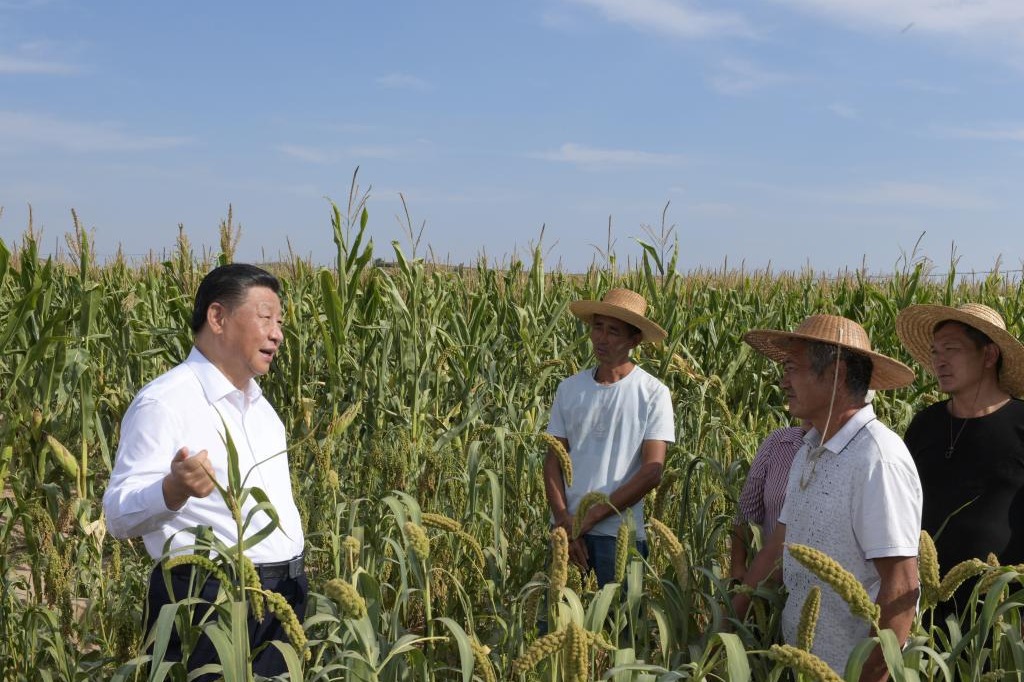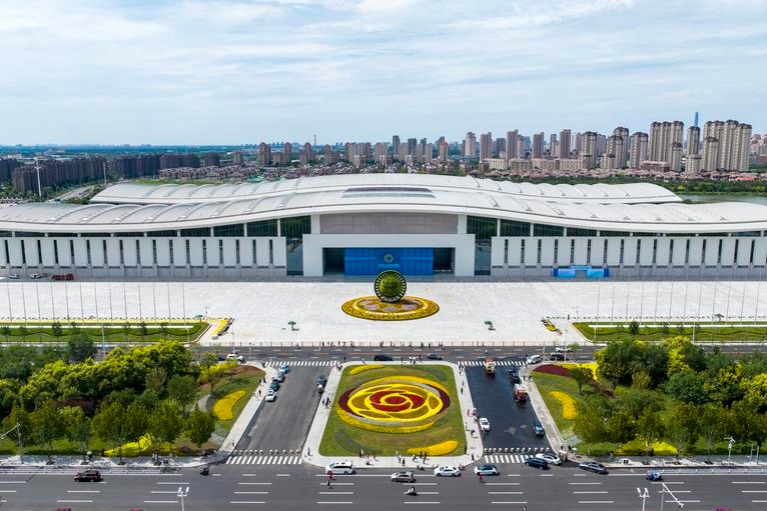Invigorating UN can help nurture seed of hope for peaceful world planted 80 years ago: China Daily editorial

"Eighty years ago, from the ashes of war, the world planted a seed of hope. One Charter, one vision, one promise: that peace is possible when humanity stands together." These words from United Nations Secretary-General Antonio Guterres serve as both a reminder of the UN's founding aspiration and a call to action for today's international community.
This week, world leaders are gathering at UN Headquarters in New York for the 80th session of the UN General Assembly and its general debate. The deliberations that take place from Tuesday to Monday next week, under the theme "Better together: 80 years and more for peace, development and human rights", could not be more timely.
The world is undergoing seismic changes and there are widening peace, development, security and governance deficits. The conflicts in Gaza and Ukraine, the resurgent Cold War mentality, the existential challenges posed by climate change and the unrestrained use of artificial intelligence all highlight the urgent need for stronger multilateral cooperation.
These grave challenges the international community faces only serve to make more prominent the requirement that the UN hold centrality in global governance. Allowing unilateralism, protectionism and power politics to weaken the UN's role would endanger the prospects of world peace and shared prosperity.
Chinese Premier Li Qiang will not only address the UN General Assembly this week but also engage in multilateral and bilateral dialogues, and attend events hosted by China, including a high-level meeting on the Global Development Initiative. In these activities, he will elaborate on the Global Governance Initiative that President Xi Jinping has proposed as the guideline to uphold the purposes and principles of the UN Charter.
China's message is clear: it firmly supports the UN in playing its due central role in international affairs. Beijing has long been upholding the UN Charter and worked to make the UN's institutions more representative of developing countries.
Aligned with the UN Charter, the GGI offers a timely framework for action. Rooted in the principles of sovereign equality, international rule of law, multilateralism, a people-centered approach and real results, the initiative is designed to make global governance fairer, more inclusive and more effective, thereby invigorating the UN's authority and vitality in global governance.
Its importance is underscored by the acute crises of our times. Today's challenges are more interconnected and demand concerted actions. They cannot be solved by one nation alone. The GGI is a public good that reflects China's determination to transform its vision of a community with a shared future for humanity into reality.
The 80th anniversary of the UN is a moment for reflection and renewal. The stakes have never been higher: The international governance architecture urgently needs reform, while multilateralism, international law and the UN's authority are facing severe challenges. What the world needs today is not less, but more multilateralism.
At this pivotal juncture, it is clear that the more difficult the challenges are, the more indispensable the UN is. The UN remains the central world body for coordinated responses to the crises confronting us all.
To that end, China is committed to promoting its global development, security, civilization and governance initiatives and public goods such as the Belt and Road Initiative to advance the global cause of world peace and stability.
China has consistently upheld and supported the UN's centrality in the global governance system by promoting extensive consultation and joint efforts.
It continually provides wisdom and actions to address the deficits in global development, trust and governance, which is conducive to the UN continuing to cultivate that "seed of hope" planted eight decades ago, helping to guide humanity toward lasting peace, common prosperity and shared development.
China will continue to support the UN with concrete actions. The UN, meanwhile, needs to carry out all necessary reforms to enable itself to better fulfill its responsibilities to contribute to the common good of humanity.

































